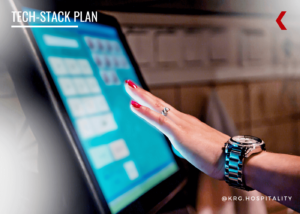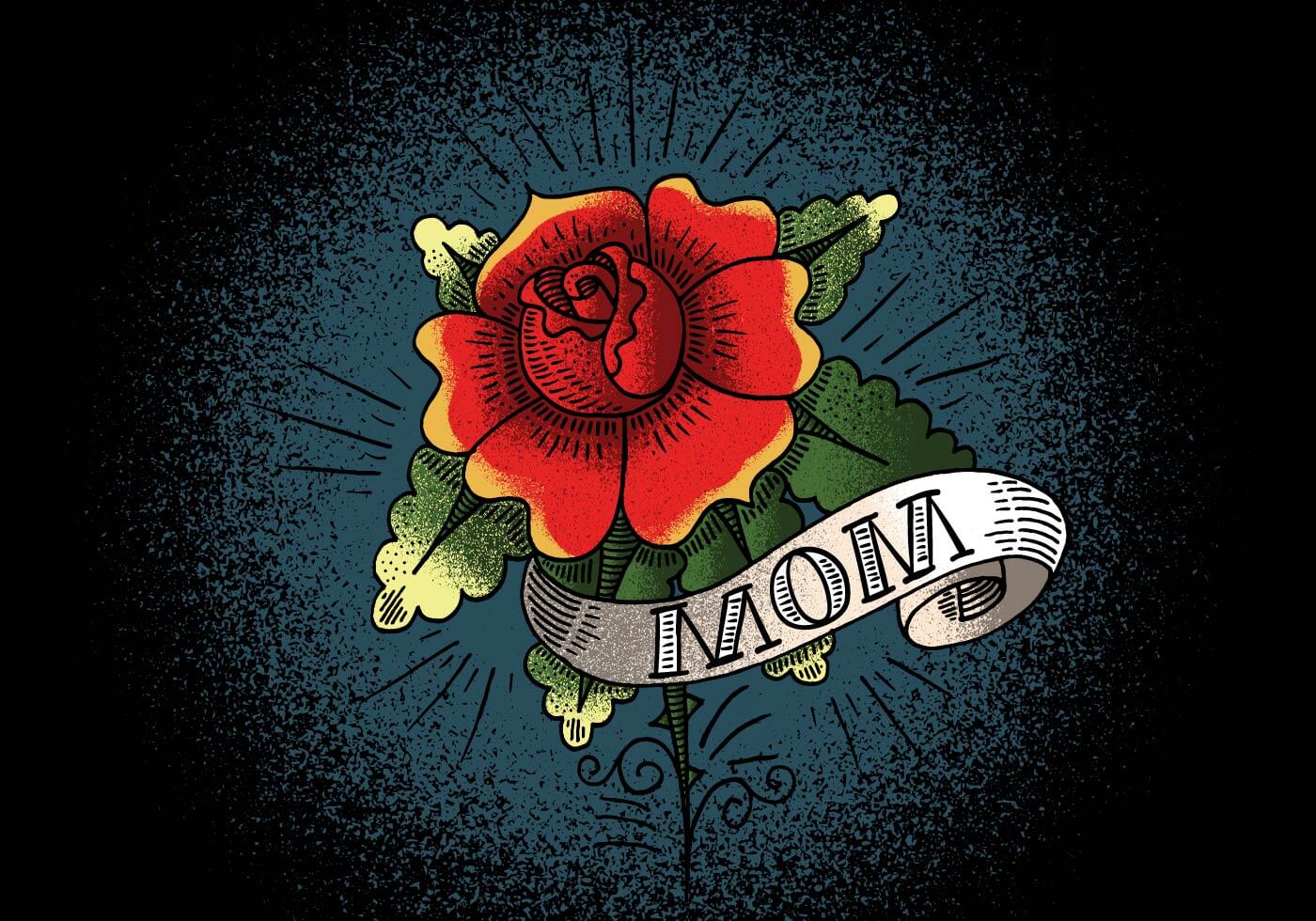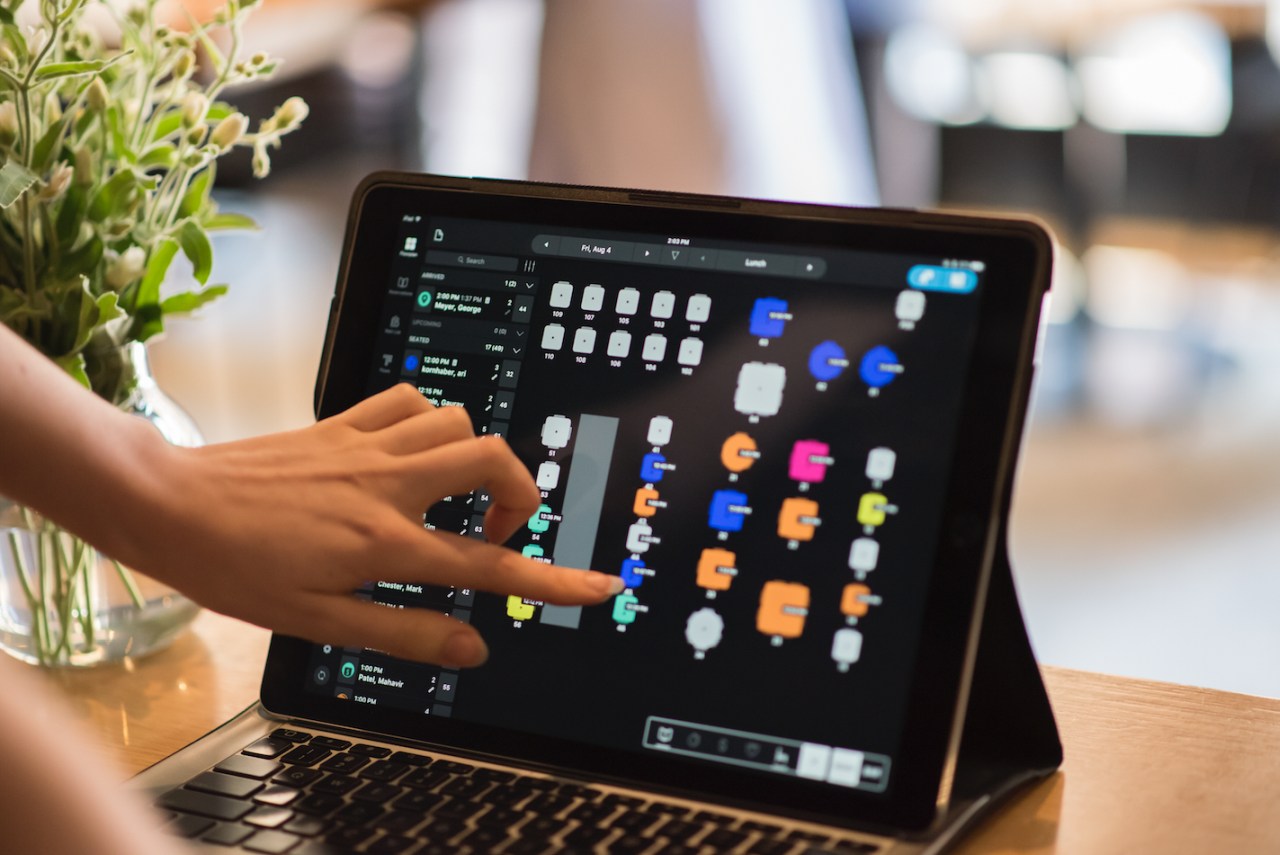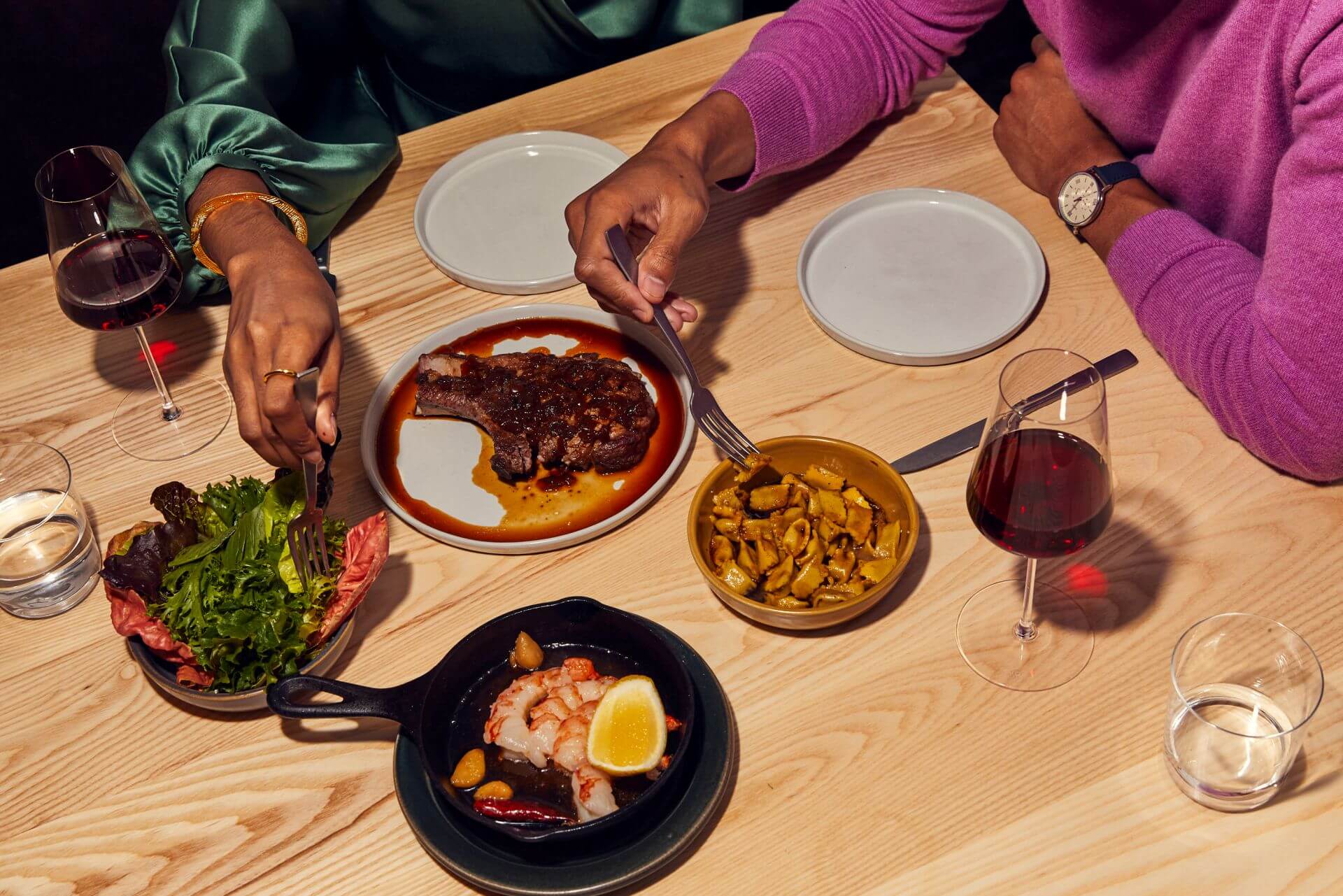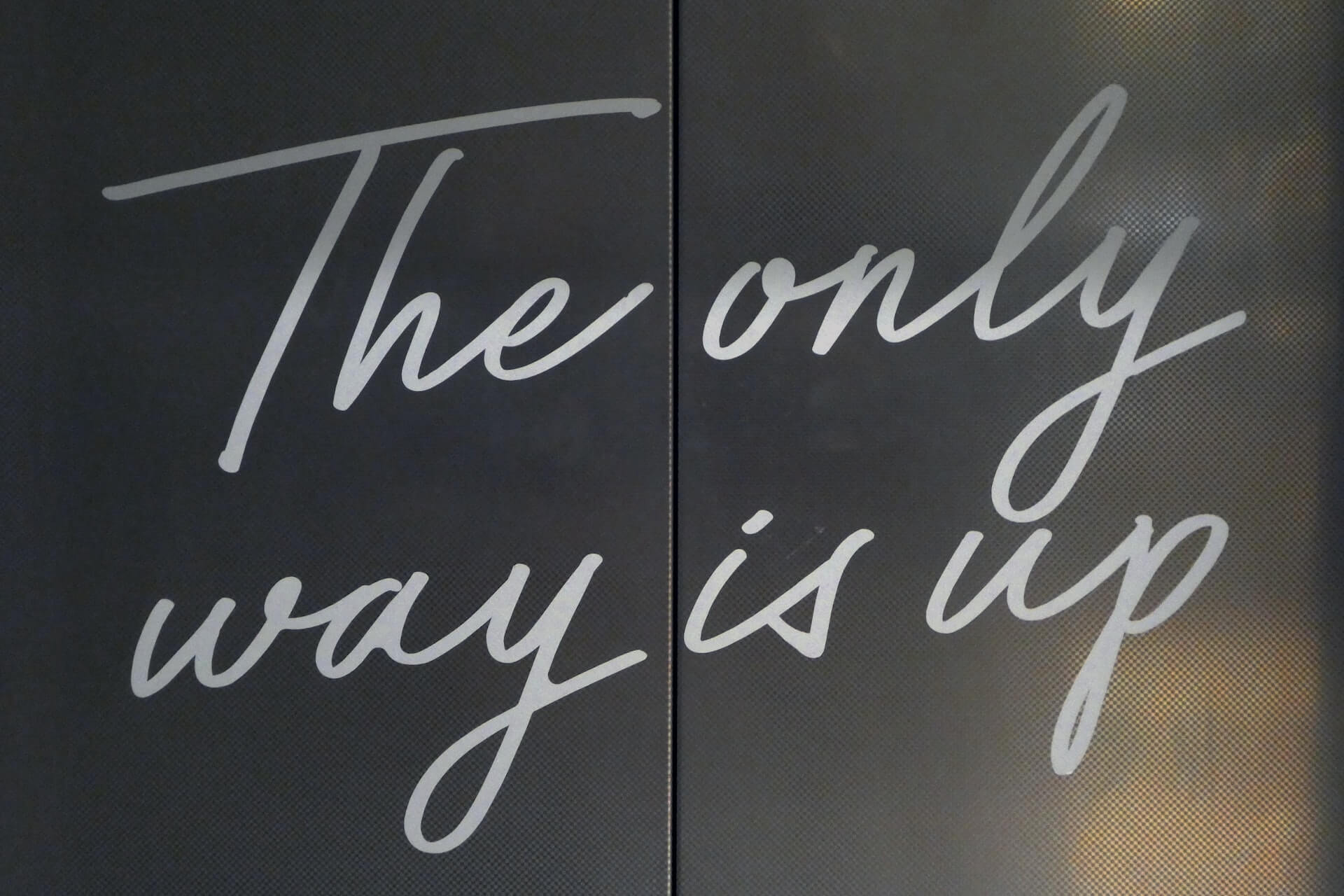SevenRooms Unveils Three Powerful New Tools
by David Klemt
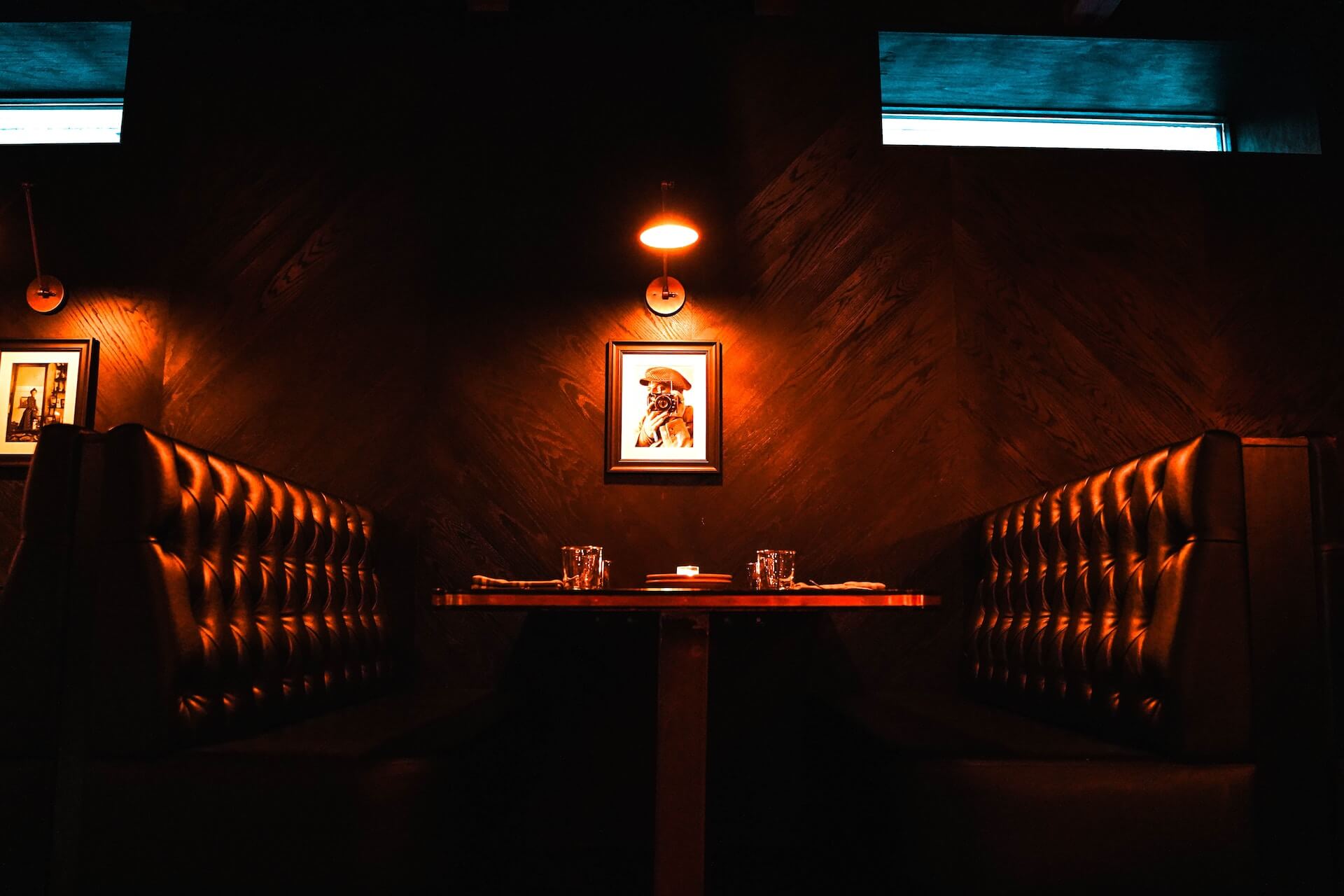
SevenRooms clients will have access to three new tools that will further enhance guest engagement, increase loyalty, and boost relationships with VIPs.
Each of these consumer-facing solutions is launching in time for the holiday season.
First up, 7R Priority Alerts. This tool helps operators manage their waitlists and generate revenue. We all know that even restaurants that require reservation fees end up with no-shows. Some platforms are capable of attempting to fill those available reservation slots. However, there’s not normally much control over who receives availability alerts.
Now, operators will have the power to target specific guests through automated reservation notifications. As 7R explains this tool, operators will be able to identify, label, and reward their most-valuable guests. These guests will feel like VIPs, increasing their loyalty, visits, and spends.
Then there’s Private Line. This is my favorite of the three new tools. Operators who implement this tool will be able to share an exclusive messaging line. So, a VIP such as a big spender, frequent diner, a member of the press, or an influencer can reach out to the team directly.
With Private Line, a VIP can inquire about a last-second reservation or make a special request. Again, this is the type of feature that increases loyalty and visit frequency.
Most people find new restaurants through friend, family, or coworker referrals. That got the 7R team thinking: How can restaurants reward people who refer new guests?
Enter: Word-of-Mouth Referrals, the third new tool on this list.
Pushed to guests via automated email marketing campaigns and post-visit surveys, a custom referral link is created for every diner. The guests then share that link, new guests make reservations, and the cycle continues. Operators, of course, reward guests for these referrals through any number of means, such as redeemable loyalty program points, comped F&B items, etc.
To learn more, please read the 7R press release about Priority Alerts, Private Line, and Word-of-Mouth Referrals below.
NEW GUEST-FACING SEVENROOMS FEATURES MAKE IT EASIER FOR OPERATORS TO REWARD LOYAL GUESTS AND PERSONALIZE COMMUNICATION
Priority Alerts, Private Line, and Word-of-Mouth Referrals redefine guest engagement and communication between restaurants and their most important guests
NEW YORK – SevenRooms, a guest experience and retention platform for the hospitality industry, today announced the launch of Priority Alerts, Private Line, and Word-of-Mouth Referrals, three new consumer-facing features that help operators connect with and reward their most loyal guests. With guests expecting more from their dining experiences than ever before, these solutions were purpose-built to solve real pain points for hospitality operators. These include alerting a specific diner about reservation availability, providing new ways for guests to get in touch and making it easier for guests to recommend their favorite restaurants to friends and family.
Priority Alerts helps operators control who they send automated reservation availability notifications to so they can prioritize their most valuable guests. In comparison to other reservation notification systems, restaurants choose who receives a Priority Alert first, not just deciding between a blast to their entire waitlist or to an exclusive subset of credit card holders. Instead, they can prioritize the guests that matter most to their business – whether that’s a VIP, loyalty member, frequent or recent diner, local, high spender, or someone else. This helps restaurants reward their most valuable guests to get them through their doors more often.
Private Line was created to give important guests an easier, faster way to get in touch with their favorite restaurants. With Private Line, restaurants can now offer their high-value guests – like VIPs, press, frequent diners and top spenders – an exclusive messaging line that can be used to instantly get in touch with their team. Whether a guest is looking for a last-minute reservation, has a special request, needs to add a friend to a booking or another ask, restaurants no longer miss out on opportunities to wow the guests that matter most. All conversations are centralized within the SevenRooms mobile app, making it easy for staff to book a table, add in requests or make other changes with just a few clicks.
Word-of-Mouth Referrals, the third consumer-facing feature launching with our fall release, gives restaurants the ability to motivate, track and reward loyal guests for referring new diners. According to recent data, 61 percent of diners discover new restaurants from friends, family and co-workers. Yet, without an easy way to capture this untapped demand, restaurants have historically left dollars on the table. Word-of-Mouth Referrals automatically creates personal referral links for every diner – shared through post-meal surveys and automated email campaigns – making it simple for guests to share with their networks and be rewarded with perks they’ll want to earn and use. Restaurants can tap into this high-value marketing channel for their business, rewarding loyalty and ensuring exceptional experiences for newcomers and regulars that translate into more sales and profits.
“At SevenRooms, our focus from day one has been on building innovations that help operators increase profitability, drive sales and improve the experiences of their guests. These three new features, all integrated into the SevenRooms platform, give operators new ways to connect and communicate with their guests – helping them evolve to meet the needs of guests who know what they want, how they want it, when they want it,” said Angela DeFranco, VP of Product at SevenRooms. “In an increasingly competitive landscape where consumers have more choice than ever before in where they choose to take their business, we’re dedicated to finding new ways for restaurants to connect and market more effectively to their guests with tools that not only make them more money, but help them execute on experiences that guests remember and recommend. Restaurant marketing is no longer one-size-fits-all, and we are redefining the role that technology can play in creating truly personalized guest engagement and marketing touchpoints at every stage of the guest journey.”
“The plan was to always move to SevenRooms because the technology was far superior, the potential for integration with our point of sale system was a lot stronger and owning the data was a huge deal,” said Kim McDiarmid, Partner at Liquid and Larder. “SevenRooms’ Priority Alerts has been a dream for us. Compared to our previous platform, it’s a lot more customizable and fully automated so it does the heavy lifting for us. We’re going to use it to give priority to guests who match criteria such as those who dine with us regularly, and with that, it will work even harder for us.”
For more details on SevenRooms’ newest innovations, please visit sevenrooms.com/new.
About SevenRooms
SevenRooms is a guest experience and retention platform that helps hospitality operators create exceptional experiences that drive revenue and repeat business. Trusted by thousands of hospitality operators around the world, SevenRooms powers tens of millions of guest experiences each month across both on- and off-premises. From neighborhood restaurants and bars to international, multi-concept hospitality groups, SevenRooms is transforming the industry by empowering operators to take back control of their businesses to build direct guest relationships, deliver exceptional experiences and drive more visits and orders, more often. The full suite of products includes reservation, waitlist and table management, online ordering, mobile order & pay, review aggregation, email marketing and marketing automation. Founded in 2011 and venture-backed by Amazon, Comcast Ventures, PSG and Highgate Ventures, SevenRooms has dining, hotel F&B, nightlife and entertainment clients globally, including: Marriott International, MGM Resorts International, Mandarin Oriental Hotel Group, Wynn Resorts, Jumeirah Group, Hard Rock Hotels & Resorts, Wolfgang Puck, Michael Mina, Bloomin’ Brands, José Andrés Group, Union Square Hospitality Group, Australian Venue Company, The Wolseley Hospitality Group, Dishoom, Live Nation and Topgolf. www.sevenrooms.com
Image: Carson Masterson on Unsplash


